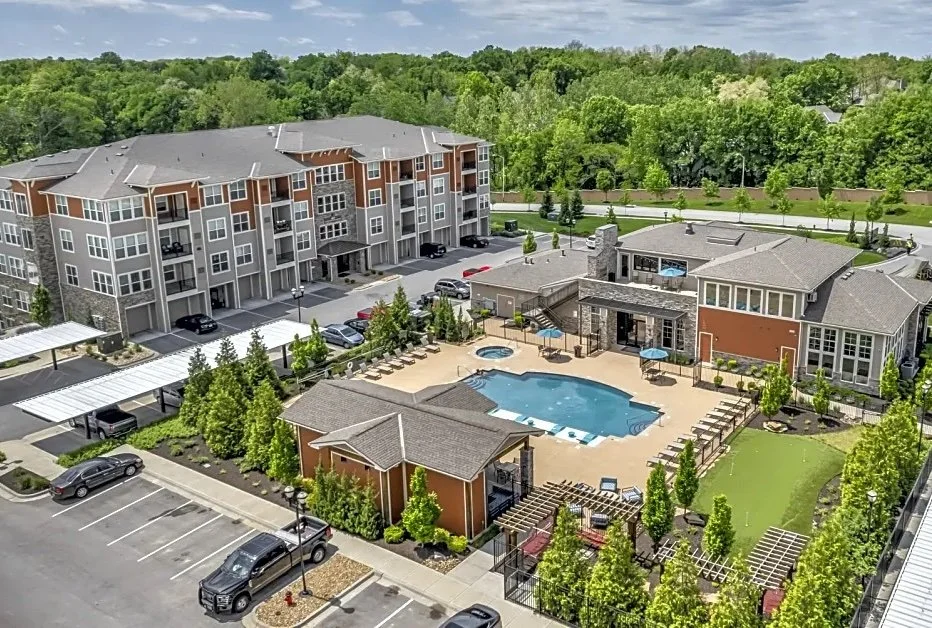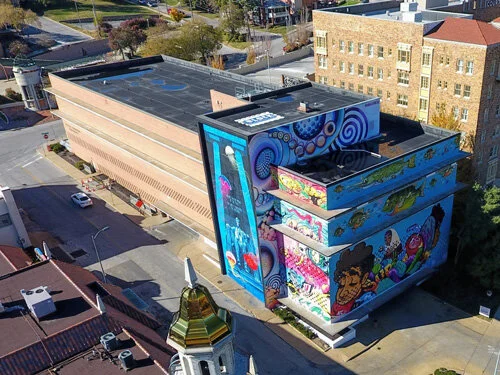In this week’s MWM Broker Spotlight, Matt Ledom, CCIM, senior associate director with MMG Real Estate Advisors, shares his experience, passion and drive since his start in the Kansas City CRE environment.
Ledom began his career in the investment sales industry in the summer of 2013 working as a seller representative for Block Real Estate Services. In 2021, Ledom joined MMG Real Estate Advisors with a focus on multifamily investment sales and advising clients in a way that maximizes their investment returns through strategic planning and execution.
MWM: What initially sparked your interest in becoming a commercial real estate broker?
Ledom: My father is in the commercial real estate business (developer and owner) and helped push me in the brokerage direction – the best way to learn the business early on is through brokerage. I also enjoy the competitive environment and the mentality of being in charge of your future. I appreciate that it’s a high-risk, high-reward industry.
MWM: What do you enjoy most about being a broker?
Ledom: We take a lot of pride in representing our clients in the marketplace. They trust and believe we will execute at an extremely high level. We consistently close at, or above, the top end of our valuations!
I love the fast-paced nature of the business. At times, we uncover opportunities and only have a day or two to assemble our thoughts and valuations together. There’s an adrenaline rush to start, followed by satisfaction when our team turns around detailed information so quickly and effectively.
My favorite part is having a pulse on what’s going on around the city in real-time, as well as being part of bringing in new capital that plays a role in upgrading the landscape of our marketplace.
MWM: Can you share a highlight of your goals? Where do you see yourself in the next 5-10 years?
Ledom: We are building something special at MMG. We have an extremely team-centric approach and a combination of local, regional and national reach that allows us to efficiently and effectively assist our clients in moving their capital all around the country. We want to grow our team and increase our production levels individually and as a whole company.
My personal goals are aligned with our team goals at MMG. Excellence in our executions for clients, combined with consistent company growth and continued improvement through hard work and perseverance.
MWM: Can you offer any tips on how you stay on track with your goals and how to be a successful broker?
Ledom: I am fortunate to have been around some very successful commercial real estate executives throughout my career. Some of my mentors include my Father, Mark Ledom; Michael Sullivan with MMG; Alex Blagojevich with MMG; Bucky Brooks with Copaken-Brooks; Lindsay Olsen with MITC; Ken Block with BRES; and Aaron Mesmer-BRES.
Setting goals is extremely important. Having a plan to execute on those goals is equally important. When I look back over my career to date, focusing on what you CAN do, not what you CAN’T do, and utilizing your best skillsets to accomplish pre-set goals can take you a long way.
Ledom graduated from the University of Cincinnati in 2013 with a double-major in Real Estate and Operations Management. He also played on the golf team on a scholarship while attending college.
To reach Matt Ledom, you may email him at matt.ledom@mmgrea.com.
To nominate a MWM Broker Spotlight candidate, please email lisa@metrowiremedia.com.







